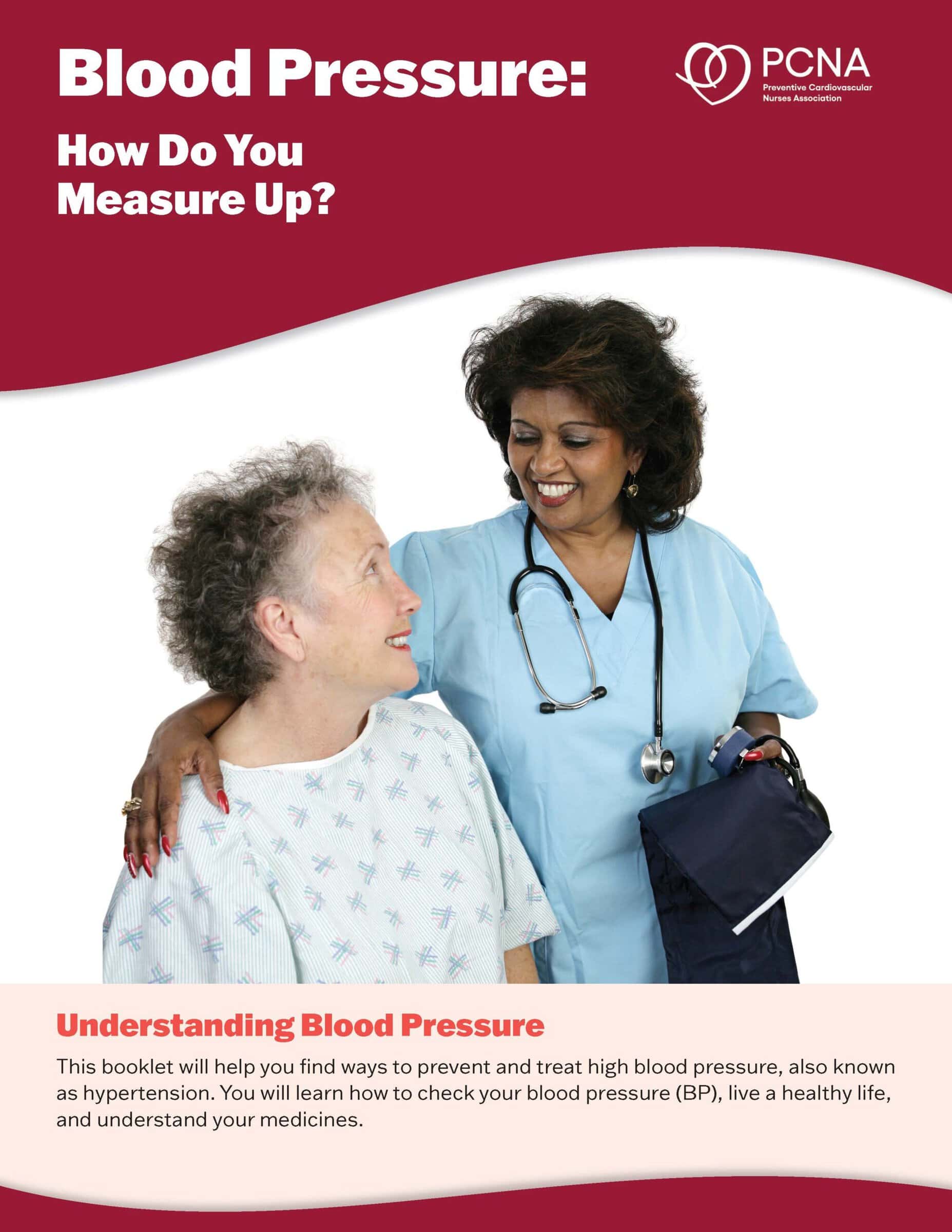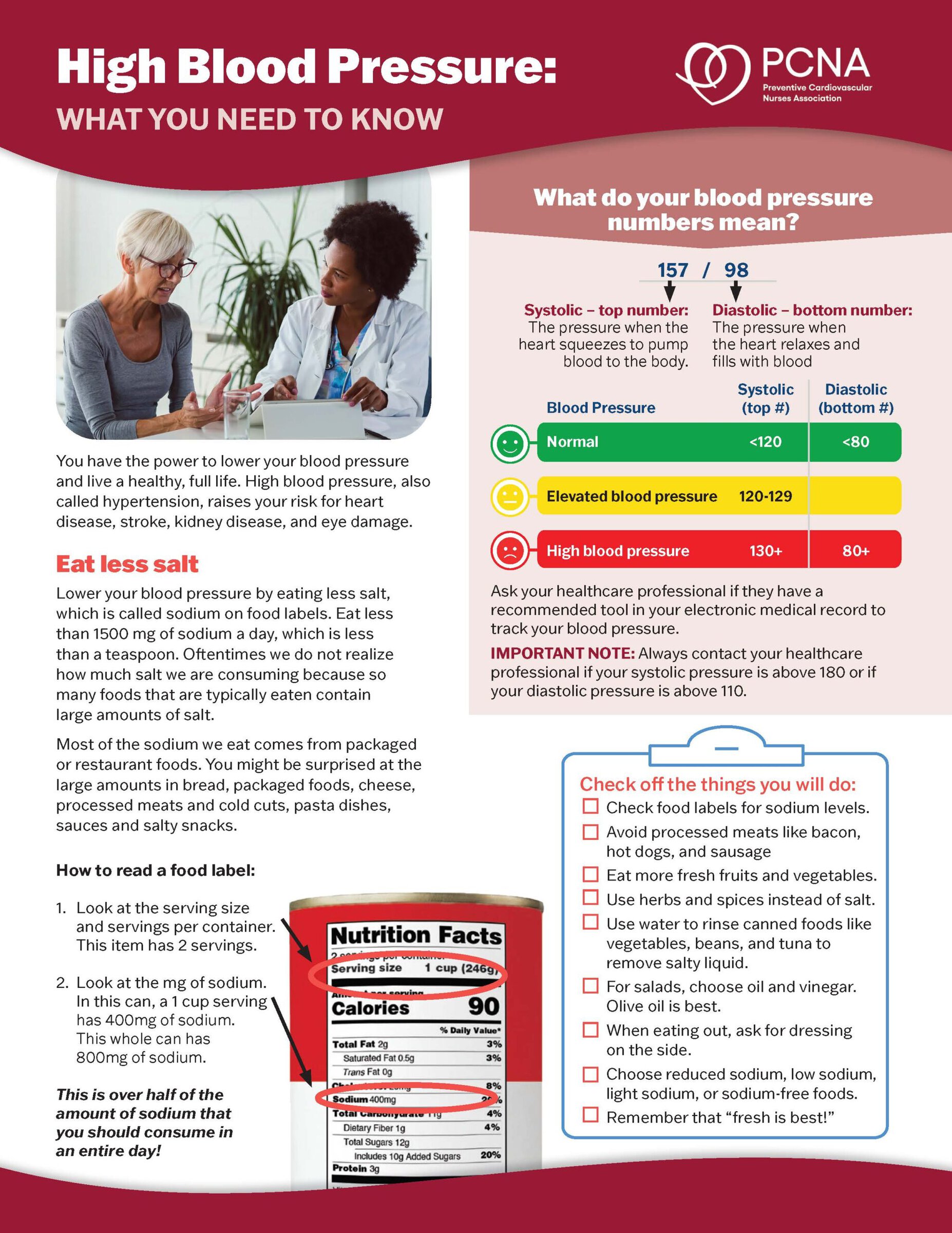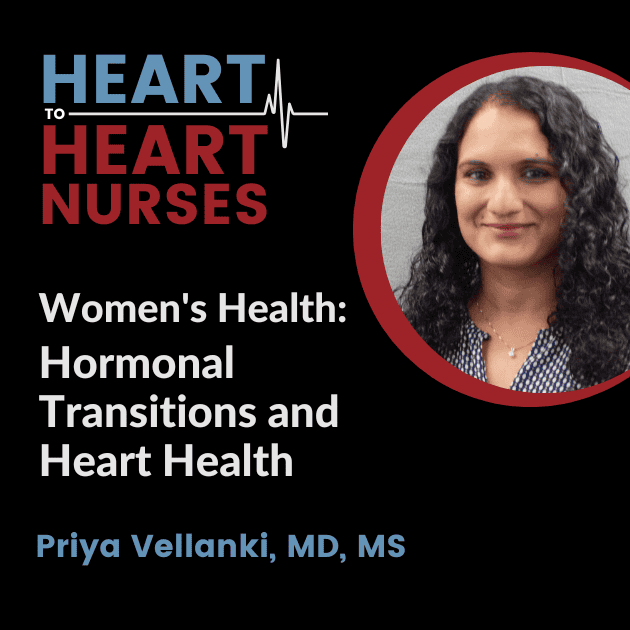Hormones affect metabolism and heart health, and the changes throughout a woman’s lifetime have long-standing effects on cardiovascular disease. Guest Priya Vellanki, MD, MS discusses the importance of understanding the reproductive history of patients, including PCOS and gestational diabetes.
Episode Resources
Welcome to Heart to Heart Nurses, brought to you by the Preventive Cardiovascular Nurses Association. PCNA’s Mission is to promote nurses as leaders in cardiovascular disease prevention and management.
Geralyn Warfield (host): Welcome to today’s episode where we’re speaking with Priya Vellanki. And I would like you to introduce yourself to our audience, please.
Priya Vellanki (Guest): Yeah. Thank you so much for the invitation. Again, I’m Priya. I’m an adult endocrinologist. And I work in Emory University, mainly at the Grady Health System, where we run a large diabetes center. And yes, thank you for the invitation.
This is one of my topics that I’m very interested in. I love learning more about why hormones affect metabolism and the other way around as well. So, I think this is a really important talk for this venue, for this conference.
Geralyn Warfield (host): Excellent. Well, let’s get started talking a little bit about why we should be considering those hormonal transitions in women.
Priya Vellanki (Guest): Yeah. So, there’s, you know, there’s growing evidence that, and most of you, most of the audience knows this, that women are not, as Dr. Gulati said [in a presentation at the 2024 Cardiovascular Nursing Symposium}, women are not smaller men.
Women go through reproductive periods, or periods in their lifespan, that are very physiologically different than men. And we do know that hormones, you know, there’s a lot of evidence that estradiol can be protective, but then exogenous estradiol may not be protective. And of course, pregnancy in itself induces physiologic changes that kind of stress the body.
And of course, menopause is, know, women have more abrupt pauses. It’s an abrupt pause, almost, of reproductive hormones. Men also go through, you know, decrease in their reproductive hormones, but it’s not as abrupt as in women.
So, these really dramatic changes through the women’s lifespan have, you know, longstanding effects on cardiovascular disease. So, I think it’s important to consider these, the reproductive history, when evaluating women.
Geralyn Warfield (host): Well, thank you for that great introduction to why this is important. And let’s talk about some specifics. Let’s talk about PCOS as our starting point in our conversation about really specific diseases and their impacts.
Priya Vellanki (Guest): Sure. So PCOS, polycystic ovary syndrome, nobody really knows what the cause is, but it’s very common. (02:43.95) It affects approximately 7 to 10 % of all reproductive aged women. So that’s a big population.
And these women are characterized by various symptoms. So, it’s irregular menses, and excess hair growth, excess testosterone or androgens. And not only does it cause women to have social stigma associated with it. It also, we know that it’s a risk factor for diabetes, which in itself is a risk factor for heart disease, as we know.
So, I think it’s really important that, you wouldn’t really know this without asking, unless the woman brings it up. You wouldn’t really know if you don’t ask about their reproductive history.
Because it’s very important to screen these women early on for diabetes, early on for lipid abnormalities, and counsel them for pregnancy complications. These women have high risk of having preeclampsia, hypertension during pregnancy, gestational diabetes, which again can have long-term impacts on both mom and baby. So, I think it’s really important to ask about menstrual history in women that you see in your clinic presentation, evaluating their cardiovascular risk.
Geralyn Warfield (host): And so that PCOS diagnosis, whenever that happens, are there specific things that are considerations? You have talked about…I’m going to step back for minute. You’ve talked about how it has an association with diabetes, which is a risk factor for cardiovascular disease later on.
Is there anything that you are seeing in research or that you’re seeing in practice that demonstrates any kind of best practices for us when we are talking with these women so that they have the best understanding as they can.
Priya Vellanki (Guest): Sure. I think it’s really important to stress that, you know, a lot of women come in feeling very almost embarrassed with their symptoms. And (05:00.596), you know, the younger women come in with the social aspect, the stigma of having PCOS, the increased hair growth. So, I think it’s important to reassure these women that it’s common. They’re not alone.
And two, that we don’t know the underlying cause, but what we can do is treat the symptoms depending on what their concern is. So, I think it’s important to assure that there are treatments. May not treat the underlying cause specifically, but we can treat the sequelae.
And number three, I think it’s really important to stress that they need to be screened for metabolic disease. So, with PCOS, right at diagnosis, we want to screen women for diabetes or impaired glucose tolerance. It’s really important to get that screening piece in and ensure follow-up as to, you know, have the best quality of life going.
Geralyn Warfield (host): Excellent. Thanks so much for that additional detail about PCOS. We’re going to take a quick break, and we will be right back.
Geralyn Warfield (host): Welcome back to our audience and we’re going to change gears just a little bit and speak specifically about pregnancy. While many pregnancies are uneventful, a lot of pregnancies have complications. And I’m hoping you can talk to us a little bit more about what that means for women’s health.
Priya Vellanki (Guest): Sure. You know, I think we have really great maternal-fetal medicine doctors and cardio-obstetrics to actually take care of people with congenital abnormalities, people with cardiac disease, cardiomyopathies during pregnancy.
I think the main thing for most of us is, for example, women who have hypertensive diseases of pregnancy or gestational diabetes. They really affect women later on, which most of us see as after, in the postpartum period—immediate or, you know later—hypertensive diseases of pregnancy, even if it’s hypertension just in gestation, confers a higher risk of, you know, them developing hypertension later on in life. A higher risk than women who don’t have gestational hypertension.
Same with diabetes, gestational diabetes—so, diabetes diagnosed right during pregnancy confers higher risk of (07:24.034) having diabetes than women who don’t have gestational diabetes.
So, I think the main thing is, in the postpartum period, most women are probably not thinking about their health per se, just because, you know, there’s other things to focus on. So, I think, immediately postpartum, it may be hard, but I think later on when they come in, it’s important to ask if they’ve had complications.
Because usually as an endocrinologist, I’m not the one taking them through a pregnancy. But I think it’s important to ask when they come after, have you had gestational diabetes? If so, I would screen them for diabetes earlier than a woman who didn’t have gestational diabetes.
For hypertension as well, same thing. And I think it’s important to initiate, not have inertia about it, important to have treatments—lifestyle, medications—so future cardiovascular risk is decreased.
Geralyn Warfield (host): So as a woman moves through their lifespan and gets into that perimenopausal state, there are some other considerations for us to keep in mind. And what might those be?
Priya Vellanki (Guest): So, I think what’s important is to realize that menopause is not just a final menses and that’s it. But there is the perimenopause, of course. There’s a few years before and a year after final menses. But really, there’s been, the SWAN study showed that estrogen levels can actually have different patterns. So, no one woman really is the same.
And vasomotors, and so hot flashes, they can actually occur even 10 years before final menses. So, I think it’s important to recognize that it’s a continuum before and even a little bit after.
So, of course, during this time, the age of menses, I deal with patients who have premature menopause, which is a different diagnosis, but there are women who go through menopause at the age of 40, 45. Has implications for lack of endogenous estradiol, may have implications for cardiovascular disease later on.
Further, I think the perimenopausal state—for a lot of women, hot flashes, vasomotor symptoms—affect quality of life. (09:45.102) And in the past, there has been a lot of stigma, not stigma, but controversy about can you give estrogen replacement? Can you give hormone replacement to treat the vasomotor symptoms? And the Women’s Health Initiative kind of showed that it’s not safe to give hormone replacement therapy. But age stratification showed that in women who were within 10 years of menopause, under the age of 60, it’s actually safe.
So, I think it’s important for providers to realize which women can benefit from hormone replacement therapy so we really improve quality of life.
Geralyn Warfield (host): Is there anything else that you’d like to add that we haven’t had a chance to discuss so far?
Priya Vellanki (Guest): I just think, you know, ask about reproductive history. I think it goes to the back. And I understand it’s important. There’s so many other things to take care of in a short appointment. But I think, you know, asking the reproductive history can help risk stratify your screening strategy as a woman ages.
Geralyn Warfield (host): And make a big difference in their long-term health. that is really important.
Priya, thank you so very much for being with us today. And I would like to thank our audience also for being with us today.
This is your host, Geralyn Warfield, and we will see you next time.
Thank you for listening to Heart to Heart Nurses. We invite you to visit pcna.net for clinical resources, continuing education, and much more.
Topics
- Hypertension
- Risk Assessment and Management
- Women and Heart Disease
Published on
October 29, 2024
Listen on:
Related Resources









